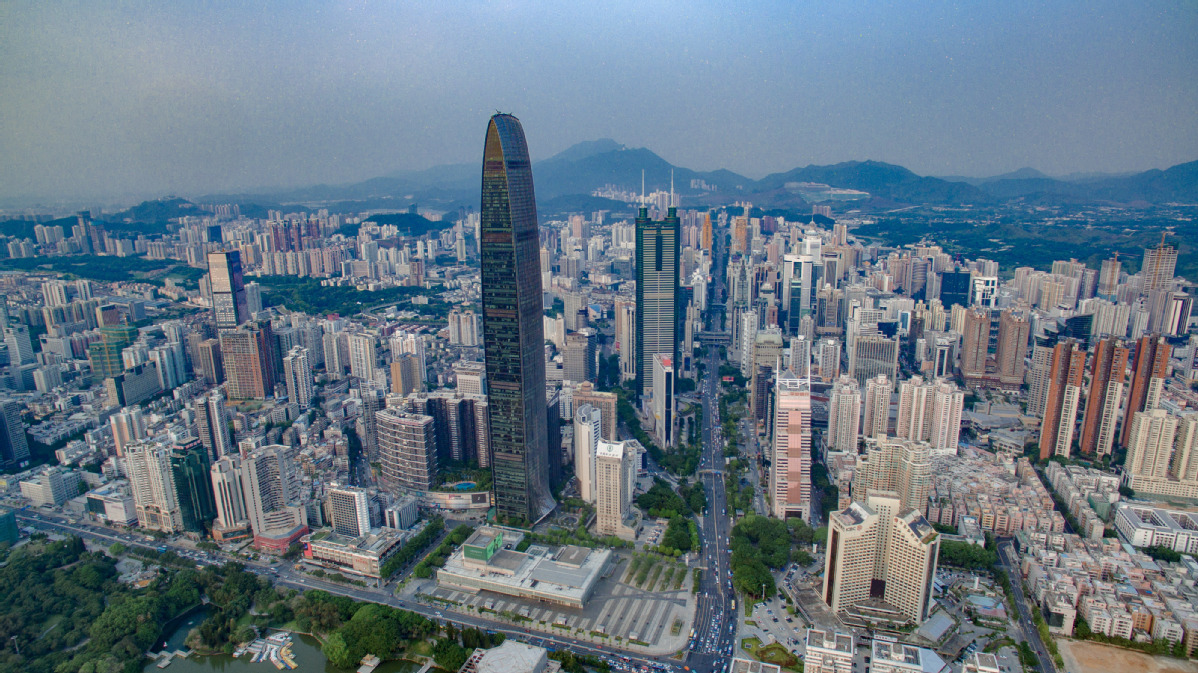Shenzhen's Luohu shining example of reform


Luohu is trying to serve as an incubator for more future industry leaders.
"We want enterprises and talent to take root in the district where we are doing all we can to create opportunities for them," said Luohu's Party secretary Luo Yude.
In Luohu, enterprises can enjoy a full life cycle of services in terms of land, funding and talent.
The district set aside 700 million yuan ($104 million) as a subsidy for startups, innovations and projects it needs in 2020. The scale of the fund has swelled more than three times over the past eight years.
"We have benefited a lot from the fund and policies, like talent introduction and tax cuts," said Jin Dianqi, chairman of Shenzhen Cheng'an Softcom Technology Group Ltd.
Established in February, the company is a public security information technology developer.
"As a matter of fact, the favorable policies are helpful for startups like us," said Jin, adding that it shows the government has put itself in the position of the enterprises while setting policies.
The company plans to have an annual output value of 1 billion yuan within the next three years.
"The preferential policies for enterprises in Luohu will attract more high-quality enterprises to settle down, which means more opportunities for intermediate service providers such as Pricewaterhouse-Coopers," said Michael Lam, PwC's South China and Hong Kong assurance markets head.
Yet, the chronic shortage of land has been a headache for the district. Covering 3.9 percent of the area of Shenzhen, Luohu contributes to nearly 9 percent of the city's gross domestic product, and with 7.9 percent of the city's population, its consumption accounts for 14.1 percent of that of the city.
This demonstrates the efficiency of its operations, as well as what a heavy burden its limited land situation has caused. To make more land available, district authorities have left no stone unturned as they seek new development space from urban renovation projects to further improve land use efficiency.
Over the next 10 years, the district plans to release more than 180 hectares of land for newcomers in industry and commerce.
"As long as enterprises and projects are what we need, Luohu will definitely provide them land, policies and development space," Luo said.




































